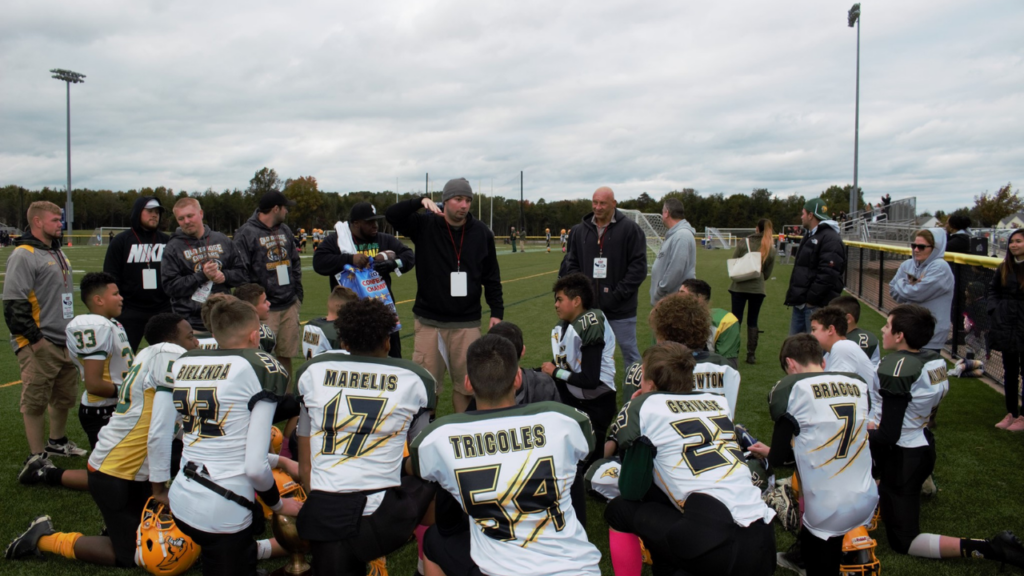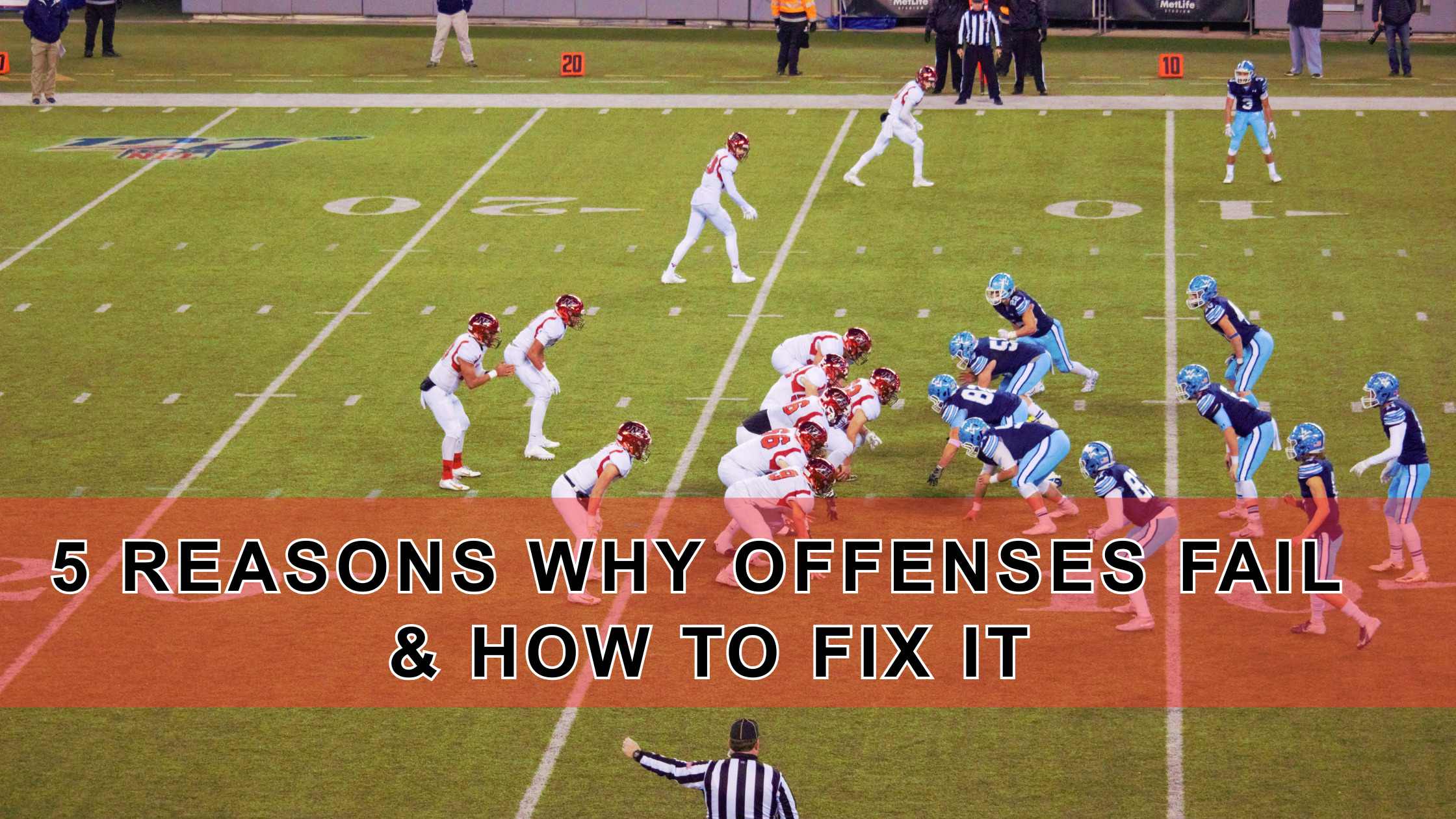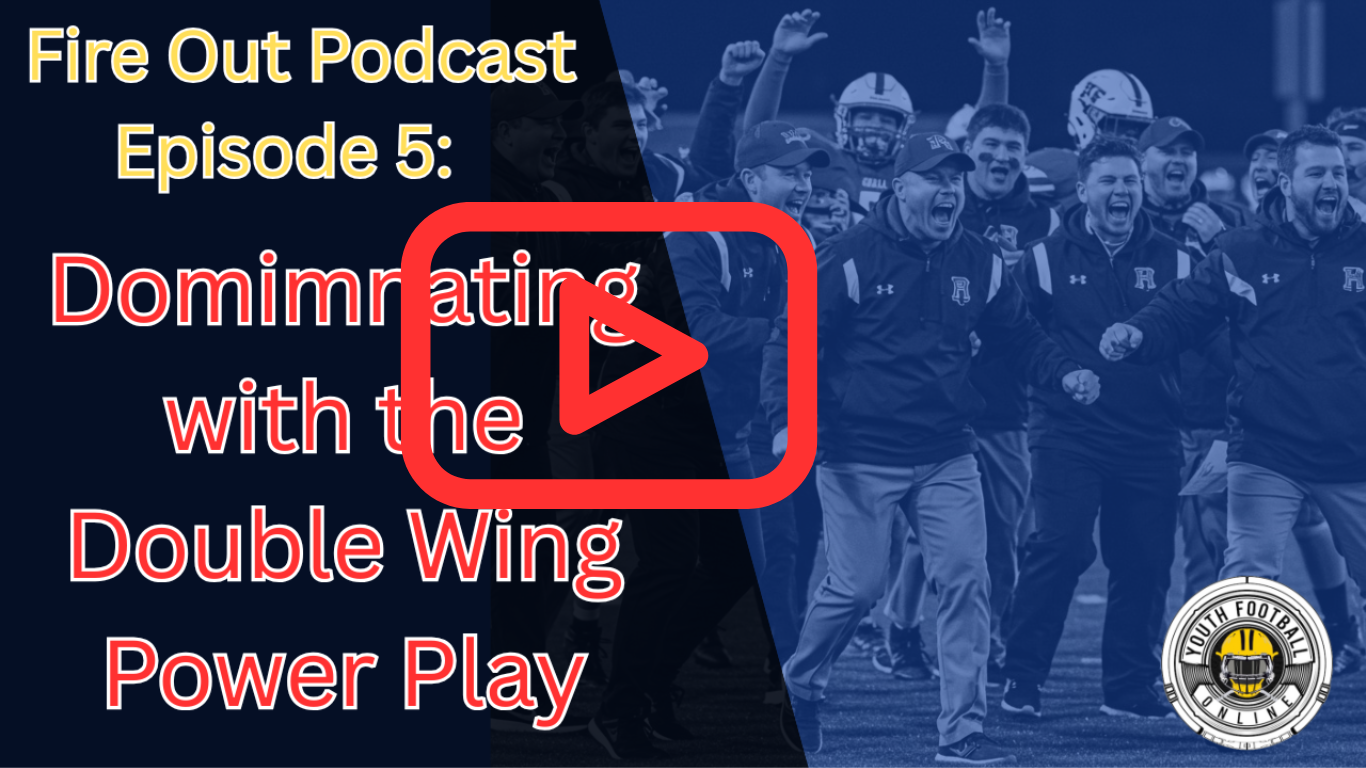How to Deal With Youth Football Parents
If you ask a coach what they hate the most about coaching youth football, the vast majority will say it’s dealing with parents. Parents are a lot of the time the root of a team’s problems- from playing time complaints, bias or unrealistic expectations for their child’s ability, or them talking negatively to their kids at home about the team, players, and /or coach. Dealing with youth football parents requires effective communication and a positive approach to foster a healthy and supportive environment for the players. Here’s how to deal with youth football parents:

Here are some tips on how to deal with youth football parents:
Establish Clear Communication Channels: Set up clear lines of communication with parents from the start of the season. Share your contact information and preferred communication methods, such as email, phone, or team communication apps. Provide information about practice schedules, game days, and any updates promptly. Also provide all parents with team rules, so there is no confusion and the all can be help accountable if a rule is broken.
Be Approachable and Open-Minded: I know. I know. This one is sometimes difficult… Be open to hearing parents’ concerns, questions, and feedback. Approach interactions with a positive and approachable attitude, which will encourage parents to share their thoughts without hesitation. Always try and keep your cool. Implement the 24 hour rule (no communication regarding an issue or concern for 24 hours)! 24 hours after a practice or the Monday / Tuesday after a game (first practice of the new game week). It’s important that you give yourself time to calm down, especially if you lost a game.
Set Expectations: Clearly outline your expectations for parents regarding their involvement during games and practices. Emphasize the importance of positive support for players and respect for coaches, referees, and other parents. Again, provide all parents with team rules and expectations.
Focus on Player Development: Emphasize that the primary focus of youth football is the development and enjoyment of the players. Encourage parents to prioritize their child’s growth, skill-building, and overall experience rather than just the outcome of each game.
Emphasize Sportsmanship: Encourage parents to model good sportsmanship and respect for others. Remind them that their behavior and attitudes have a significant impact on the players and the overall team atmosphere. If they don’t have anything positive to say, then they shouldn’t say anything at all.
Avoid Comparisons & Favoritism : Every player develops at their own pace. Avoid comparing players or focusing solely on the most talented individuals. Instead, celebrate the progress and achievements of all players. Coaches need to spend time and work with all their players, regardless of skill level. Parents will notice that and respect that. A big mistake coaches make is that they play favorites or they don’t work with the players that need it the most. Even if the kid just doesn’t get it, or just doesn’t get aggressive, you have to keep working with him. Parents will respect that. Sometimes parent complaints are justified.
See Also: How to Deal with Overbearing Parents
Encourage Involvement: Invite parents to get involved in a positive and constructive way. This could include volunteering to assist with team events, organizing fundraisers, or providing snacks for games. Believe it or not, this has helped me a lot the past couple seasons. Getting parents involved with that kind of stuff helps. We don’t get parents involved in the coaching aspect, but the extra curricular stuff, we want them involved.
Educate on Age-Appropriate Development: Help parents understand the age-appropriate development of youth players. Explain the benefits of long-term development and how different age groups have varying needs and priorities. encourage you parents to work with their child outside of football- in regard to athlete development and nutrition, not football fundamentals and techniques. However, you can instruction them how to do it and the parents can do the extra work with their players at home. A good example of that is shotgun snapping and long snapping at home before and even after practice.
Address Unreasonable Behavior: In cases of inappropriate or disruptive behavior from parents, address the issue calmly and professionally. Remind them of the importance of maintaining a positive and respectful environment for everyone involved.
Remember, youth football parents play an essential role in supporting their children’s development as athletes and individuals. By fostering a positive and collaborative relationship with parents, coaches can create a supportive and enjoyable experience for all involved in the youth football community. Having a good relationship with your parents will make life much easier for you. We hope you enjoyed this article on how to deal with football parents.











